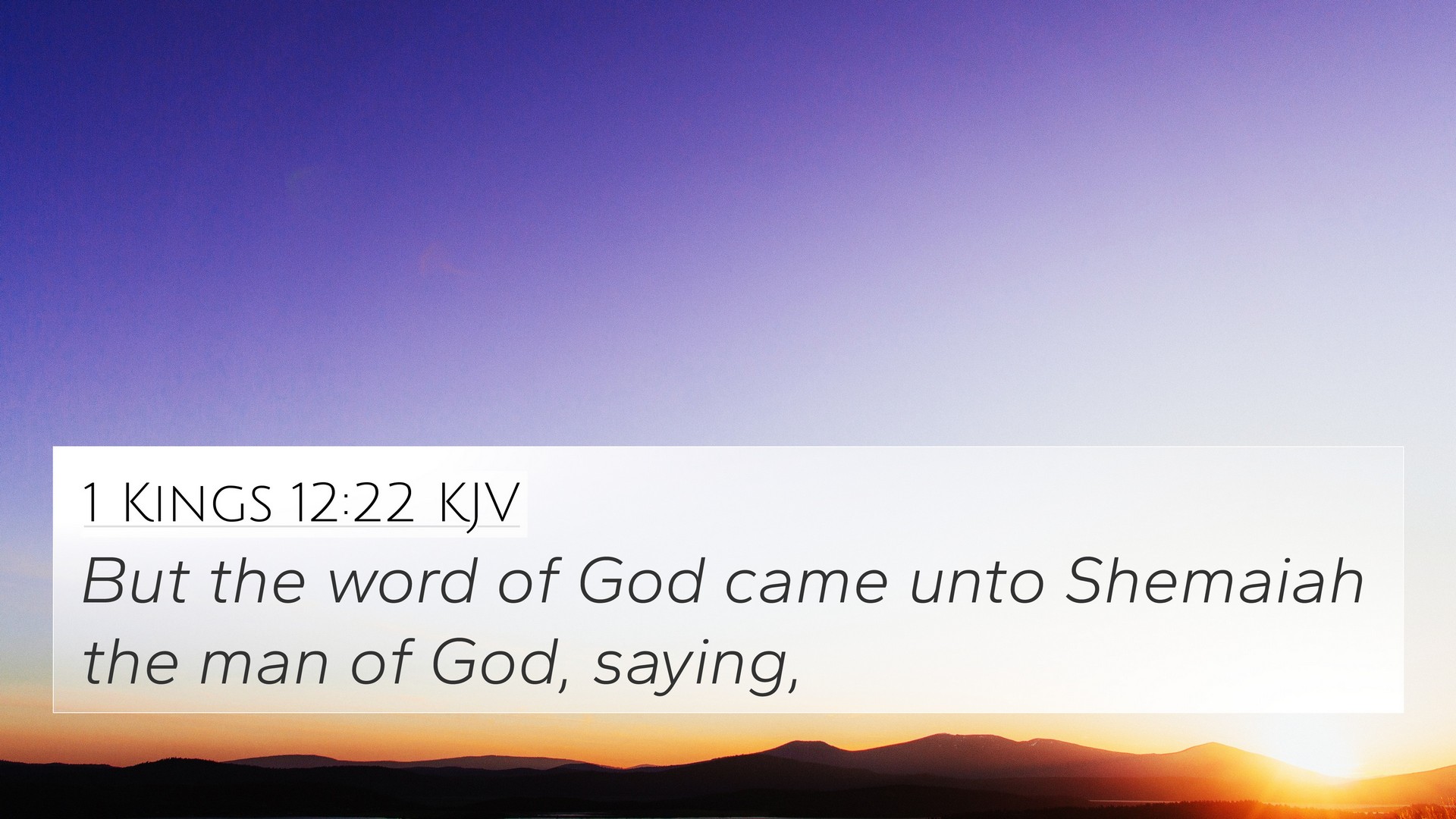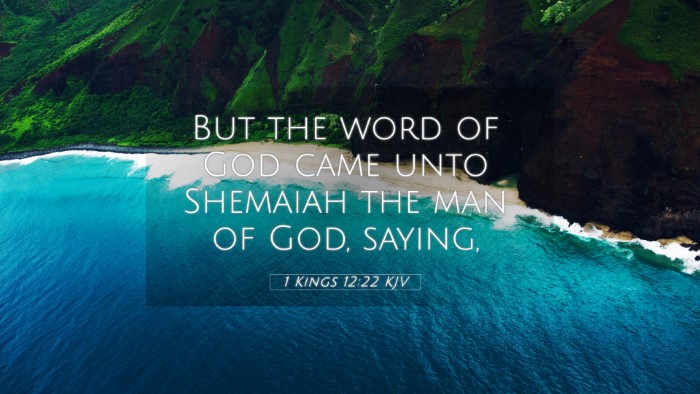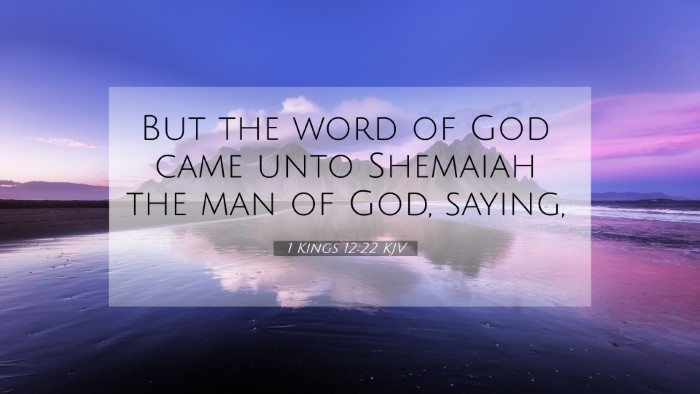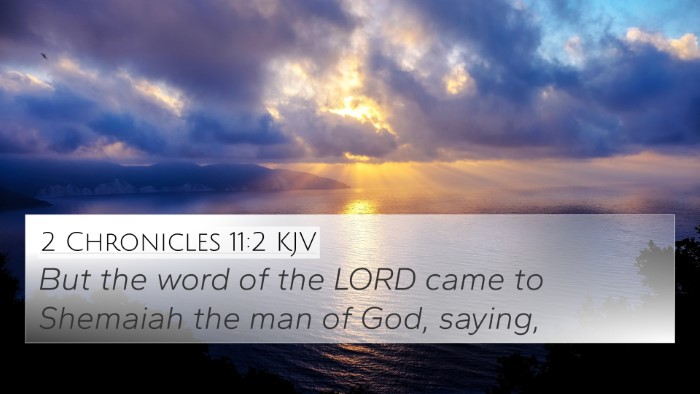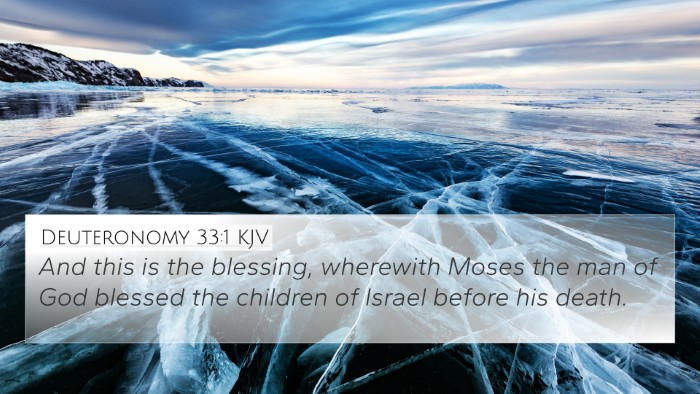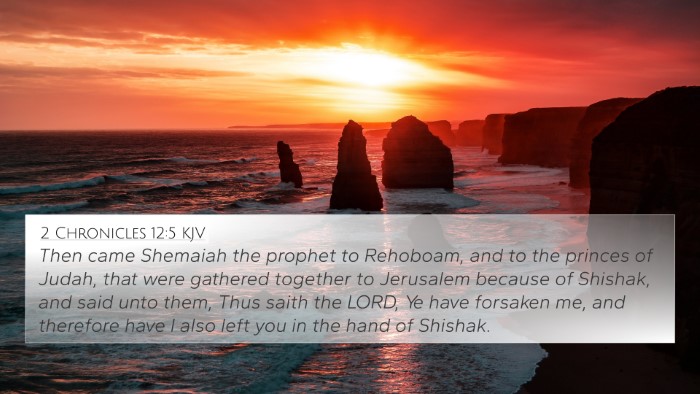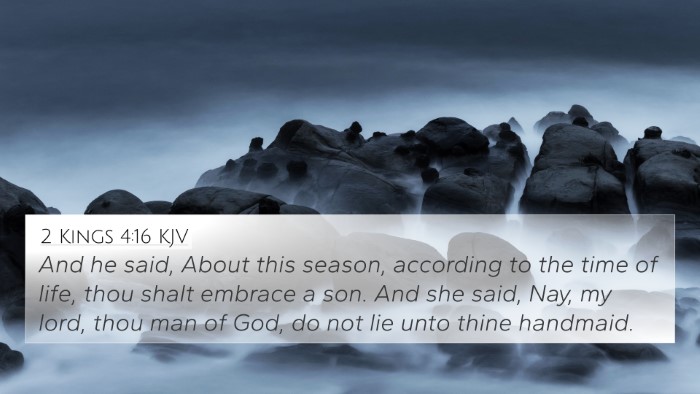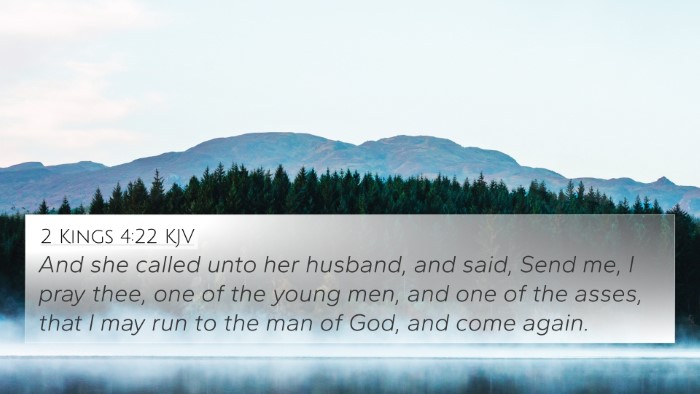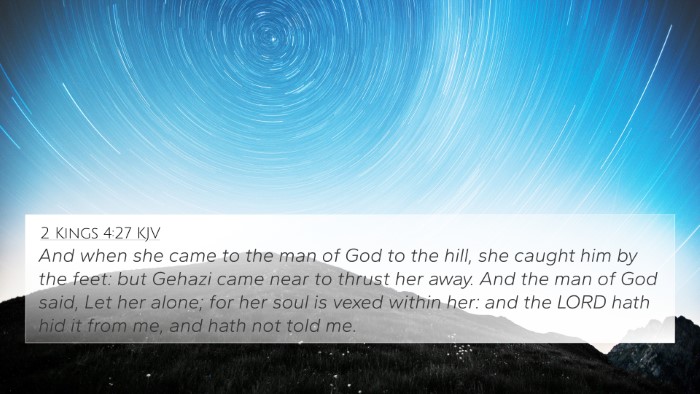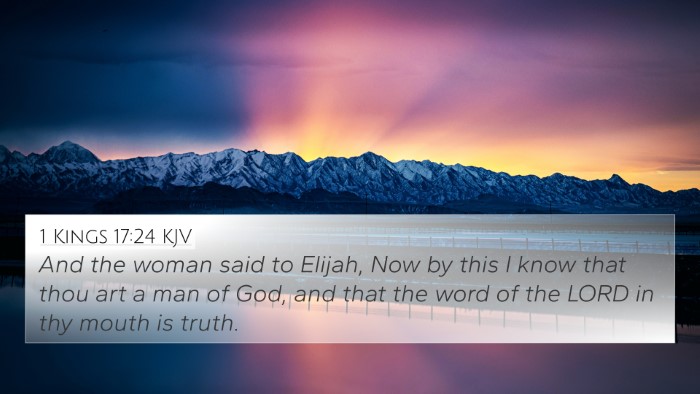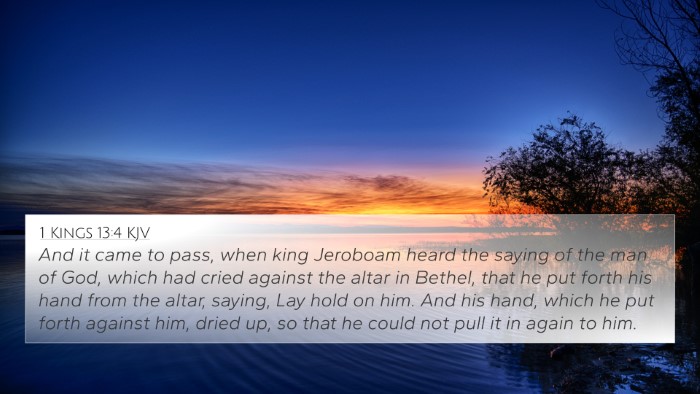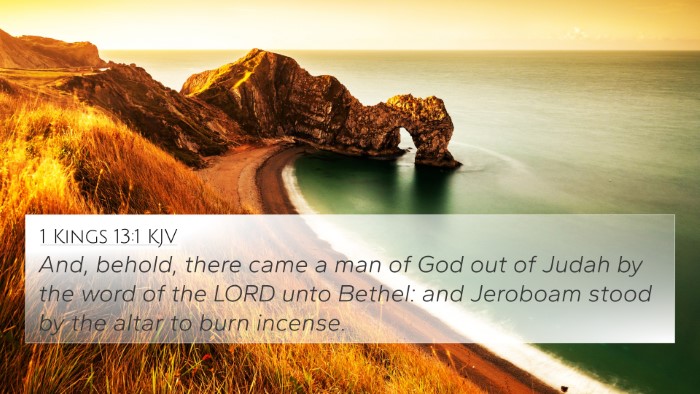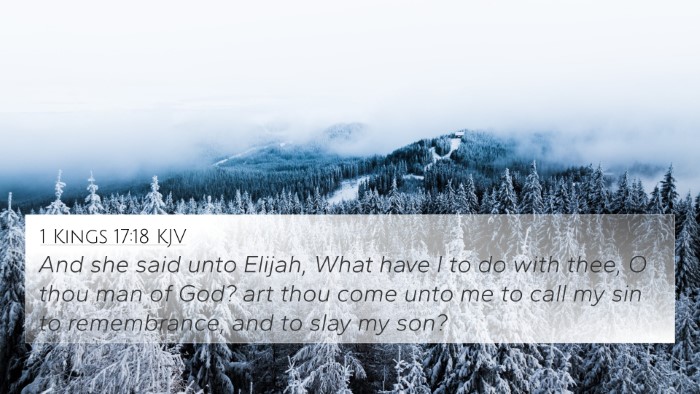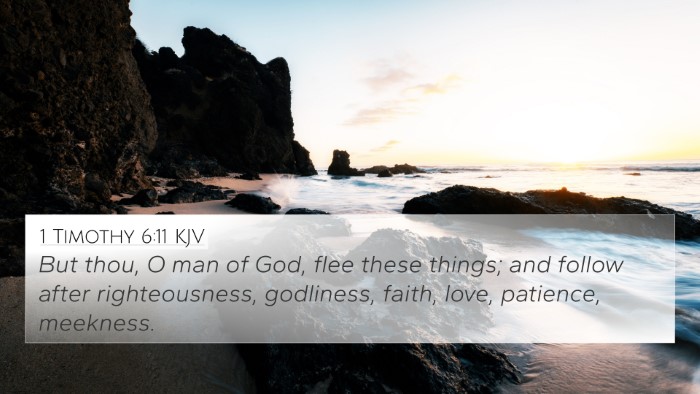Understanding 1 Kings 12:22
The verse 1 Kings 12:22 states: "But the word of God came unto Shemaiah the man of God, saying." This verse marks a significant moment where divine intervention and guidance play a crucial role in the events surrounding King Rehoboam and the Northern Kingdom of Israel.
General Context
To comprehend the full depth of 1 Kings 12:22, it’s essential to observe the historical context in which it was spoken. After Solomon's death, his son Rehoboam succeeded him as king. The heavy taxation and forced labor policies established by Solomon led to discontent among the Israelites. As the people sought relief, they approached Rehoboam for gentler treatment.
Divine Communication
This verse highlights that God communicated His will through Shemaiah, a prophet, in a time of critical decision-making. This illustrates the theme of God’s sovereignty over human affairs and emphasizes the importance of seeking divine wisdom in leadership.
Key Components of the Verse:
- Divine Intervention: God intervenes at a crucial moment, showcasing His ongoing relationship with His people.
- A Prophet's Role: The mention of Shemaiah underlines the vital role prophets played as mediators of God’s messages.
- Guidance in Leadership: It implies the necessity for wisdom and divine counsel in governance.
Commentary Insights
This verse has been analyzed by various public domain commentators:
- Matthew Henry: He stresses the significance of prophetic guidance, noting how God consistently directs the affairs of His people. Henry elaborates on how God’s message through Shemaiah prevented Rehoboam from making a grave error.
- Albert Barnes: Barnes underscores the authority of Shemaiah as a divinely chosen figure. He points out that God’s communication at this moment was pivotal in averting a national crisis, showcasing the importance of heeding God’s word.
- Adam Clarke: Clarke discusses the nature of the revelation given to Shemaiah, highlighting the timing and context as reflective of God’s overarching plan for Israel. He denotes the providence displayed in the situation, allowing for a choice towards peace rather than conflict.
Biblical Cross-References
1 Kings 12:22 connects with various other biblical scriptures that highlight similar themes of divine guidance and prophetic messages:
- 2 Samuel 7:2: God's covenant with David and His promise of guidance.
- 1 Kings 11:29-31: Ahijah the Shilonite prophesies about the division of the kingdom.
- 2 Chronicles 10:15: Insights into the consequences of Rehoboam’s decisions and God's influence.
- Proverbs 3:5-6: Encouragement to trust in the Lord for direction.
- Jeremiah 3:15: God promising to give shepherds who will govern wisely.
- Galatians 5:25: The importance of being led by the Spirit, a divine guidance that parallels the prophetic role.
- Acts 13:1-2: The early Church’s sensitivity to God’s direction through the Holy Spirit.
Thematic Connections
To fully appreciate 1 Kings 12:22, one can explore various themes and connections it has with other scriptures:
- Leadership and Divine Guidance: Various scriptures reveal the necessity for leaders to seek God’s direction (e.g., James 1:5).
- Prophetic Voices: The role of prophets as intermediaries to convey God’s will (Amos 3:7).
- God’s Sovereignty: Scriptures affirming God's control over nations and kings (Psalm 22:28).
Inter-Biblical Dialogue
The interplay between Old Testament examples of divine guidance, such as the day when God spoke through Shemaiah, and New Testament applications of divine leading, enhances the understanding of scripture. This theme is mirrored in the narratives of Acts as believers were continually led by the Spirit.
In summary, 1 Kings 12:22 exemplifies God’s direct involvement in human affairs, demonstrating the vital role of prophets and the necessity of seeking divine wisdom in leadership decisions. The interconnectedness of biblical texts reveals a consistent theme throughout scripture, emphasizing God's unchanging nature and the importance of aligning with His will.
